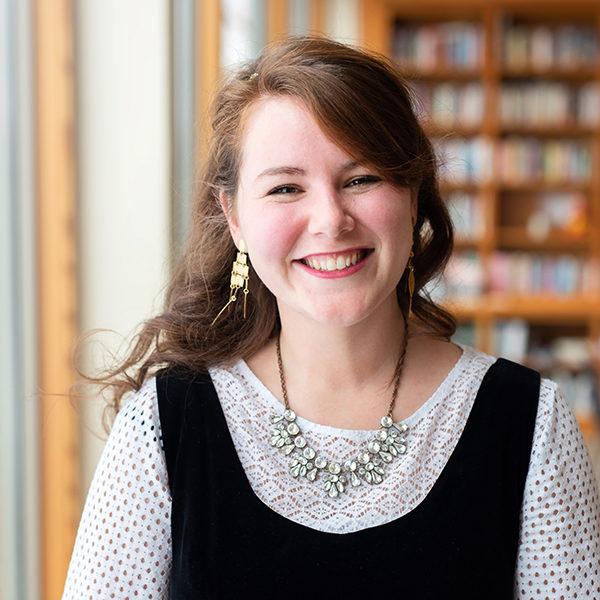America Contains Multitudes
“If you’re patient and observe people long enough, you get to see who they are through the kinds of relationships they have with others.”
—Jennifer Crandall
A few filmmakers are traveling around the state of Alabama asking regular folks, strangers, to read a verse of “Song of Myself” by Walt Whitman. And the result is really lovely.
From a young man playing baseball, to a creative writing student who reads the verse in English and then translates it to her native language, Fulani, to a barber in the Kilby Correctional Facility — it’s a fascinating way to hear this classic American poem. The filmmaker, Jennifer Crandall, explains the project’s origin:
“Walt Whitman published a book-length poem called ‘Song of Myself’ in 1855. It was long. Epic really. Lewd. Lusty. Shocking. Scandalous. Weird. Here’s why: It didn’t rhyme. It used lists, stories, language that was ‘simple as grass.’ It was written in first person. And the first person wasn’t a hero. He was an American, a commoner, narrating for the masses. It wasn’t about things. No Grecian urn. No Nightingale. It was about sex, race, religion, immigration, politics. Everything we’re wrestling with today.
The poem centered itself around one idea: Everyone is an individual —everyone is connected — we all contain many selves. Despite being considered trashy, disgusting, and the worst thing ever written, ‘Song of Myself’ is now considered to be a perfect embodiment of democratic ideals. The quintessential American poem.”
It’s a deeply humanizing project. For those who know and love the poem’s most famous verse, the reading by Donnie Goodin, a joy-filled Birmingham candy-busker with cerebral palsy, will knock your socks off:
Do I contradict myself?
Very well then I contradict myself,
(I am large, I contain multitudes.)
The 52-part documentary, titled Whitman, Alabama, will be released over time this year, and not in order, so there’s only a handful of videos online now, but I can’t wait to rediscover this poem through these magnificent snapshots of ordinary lives.

